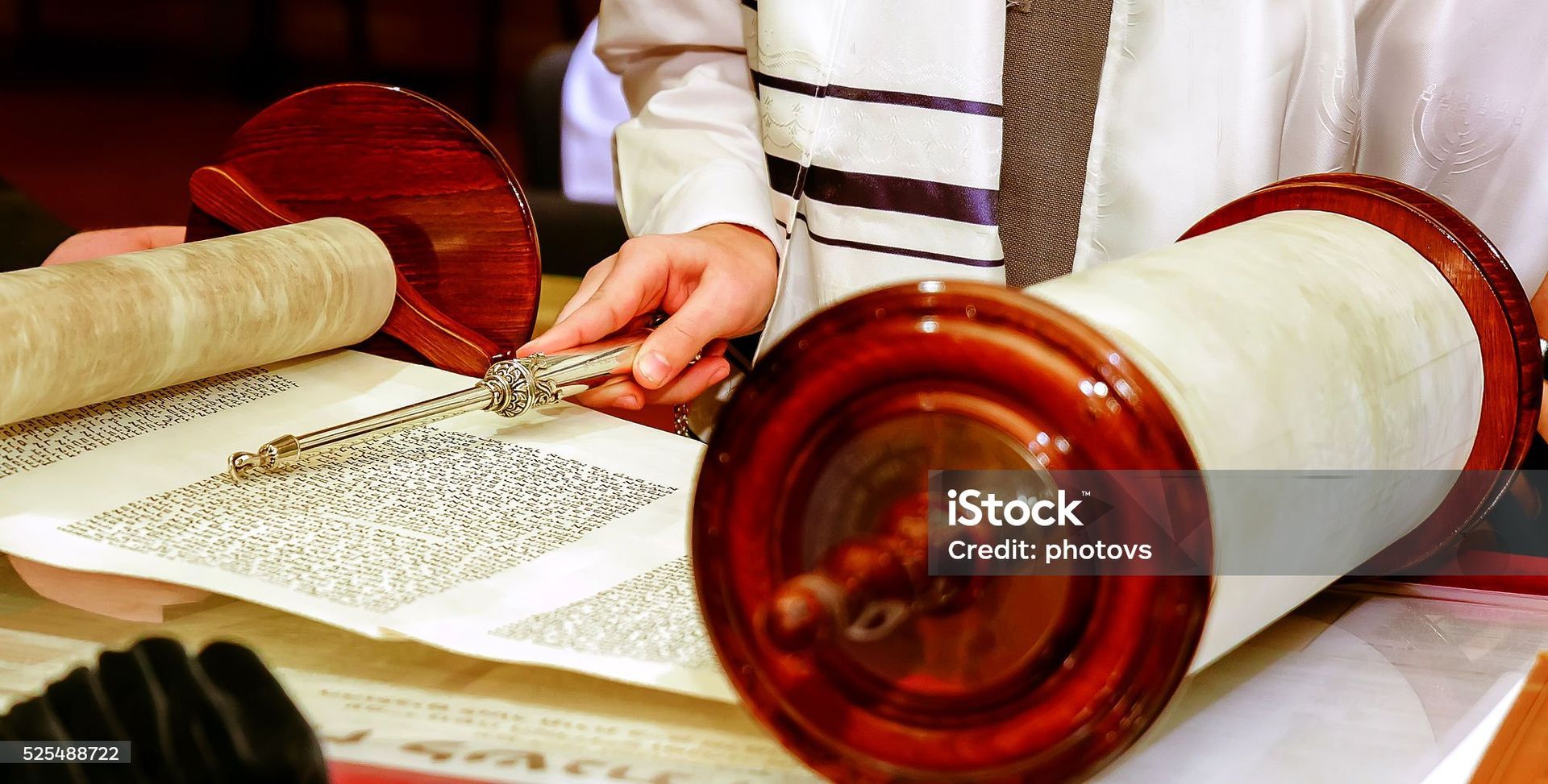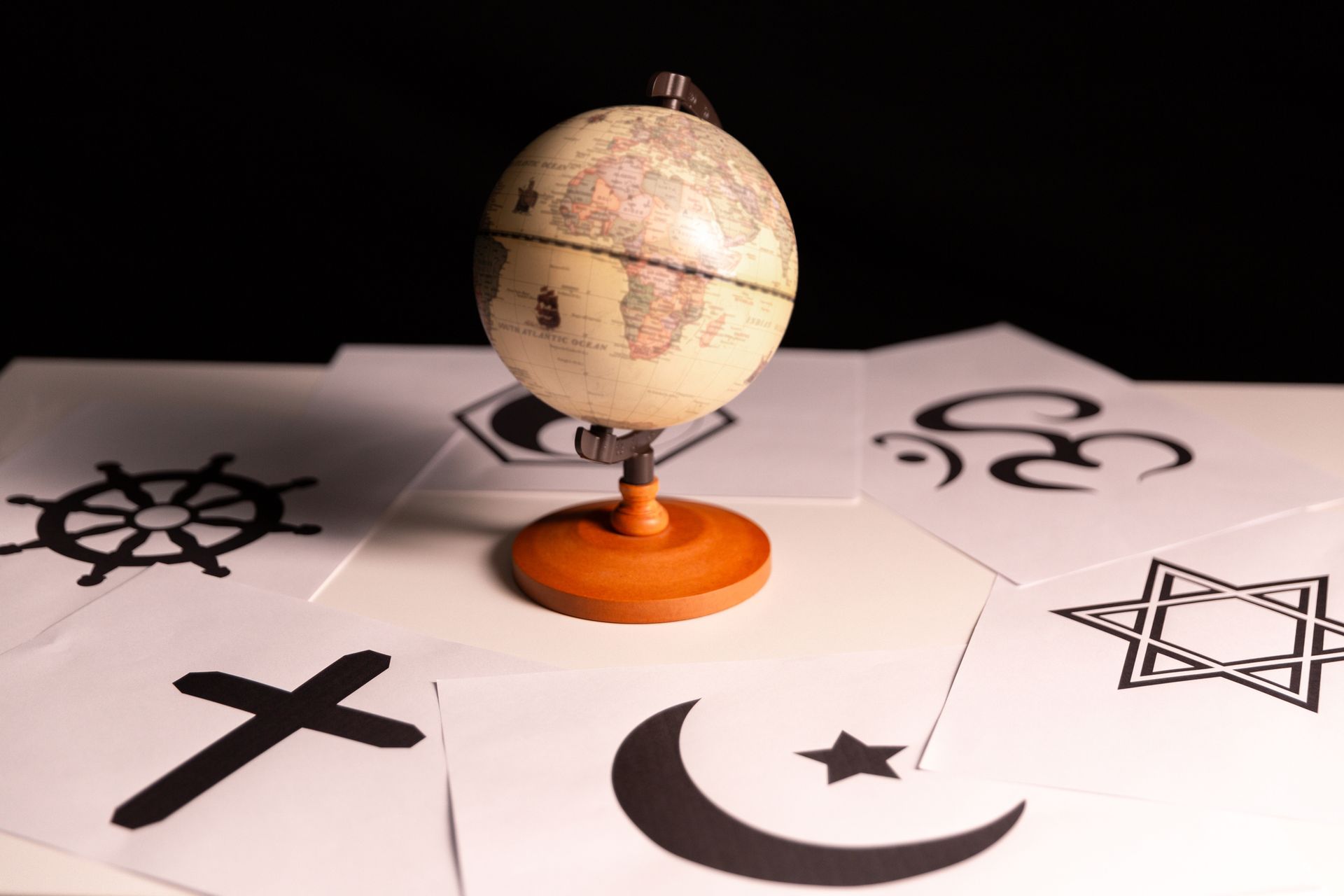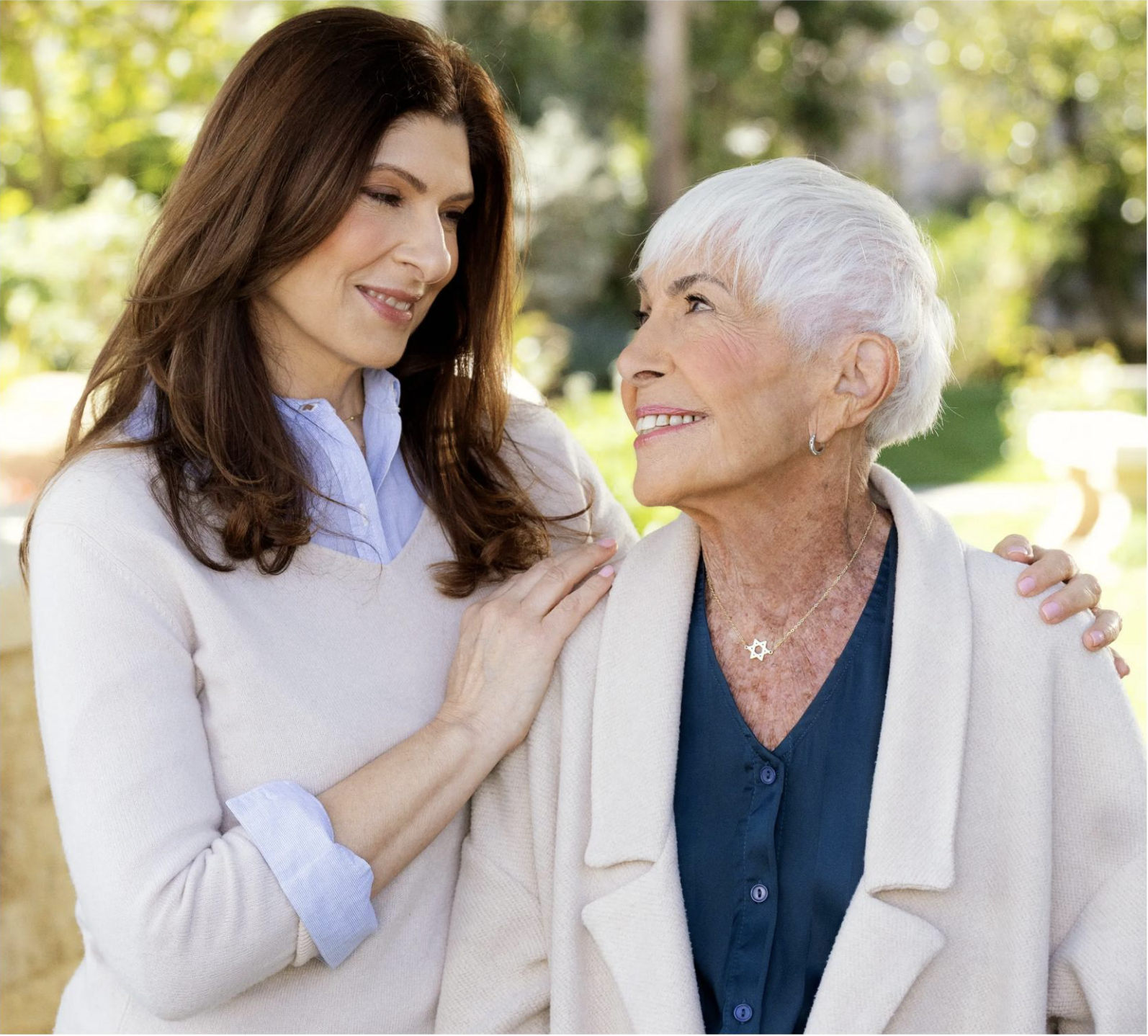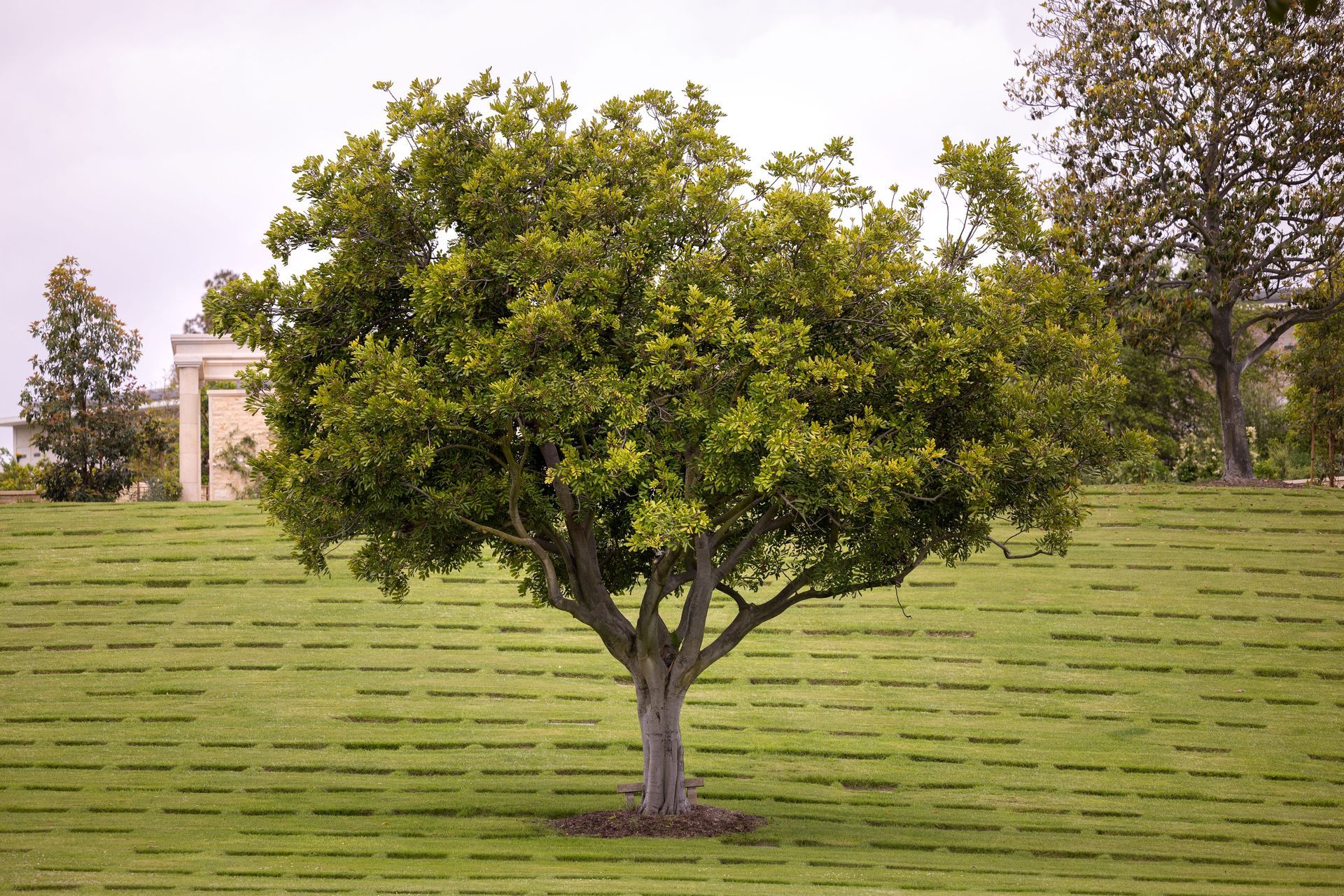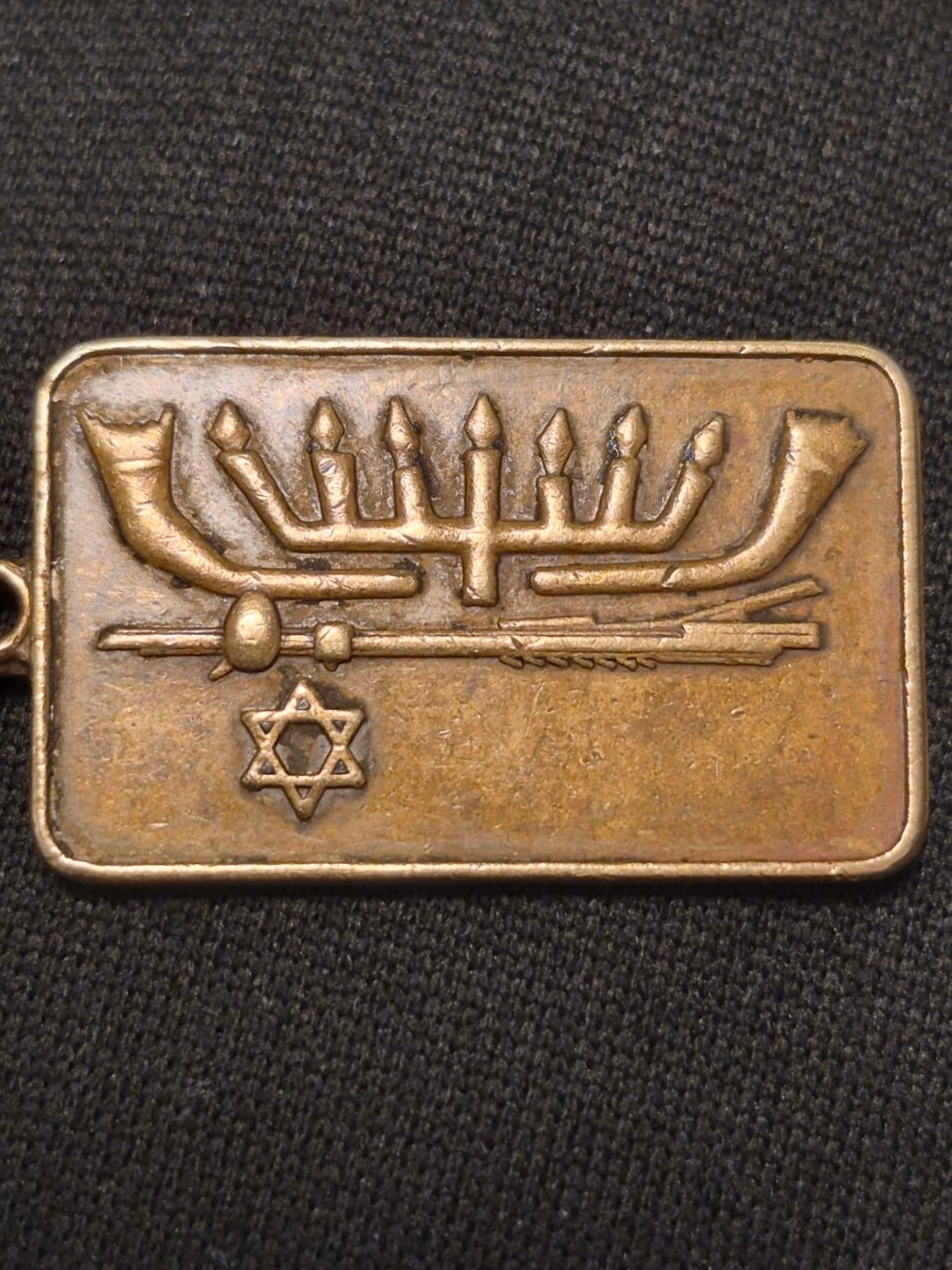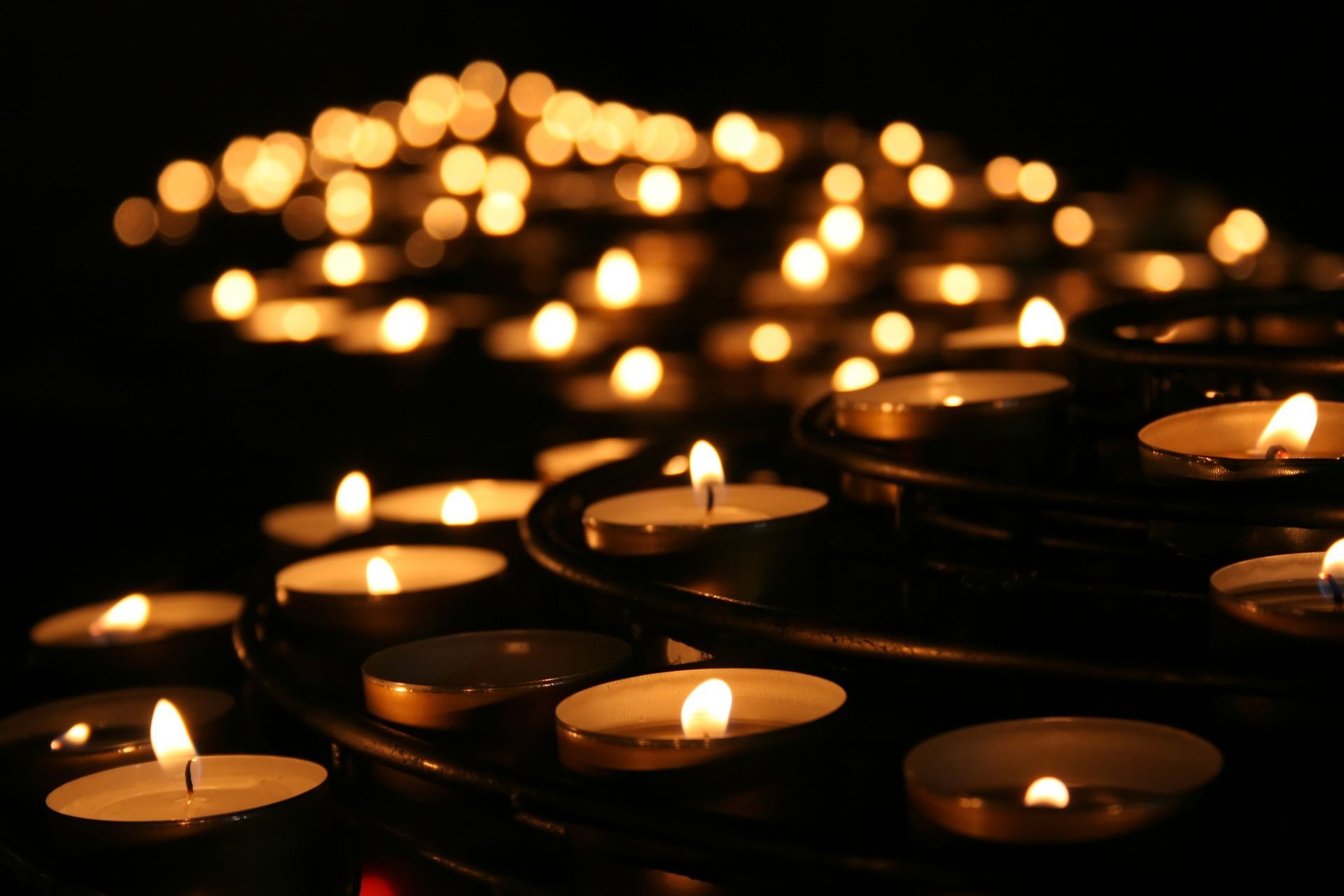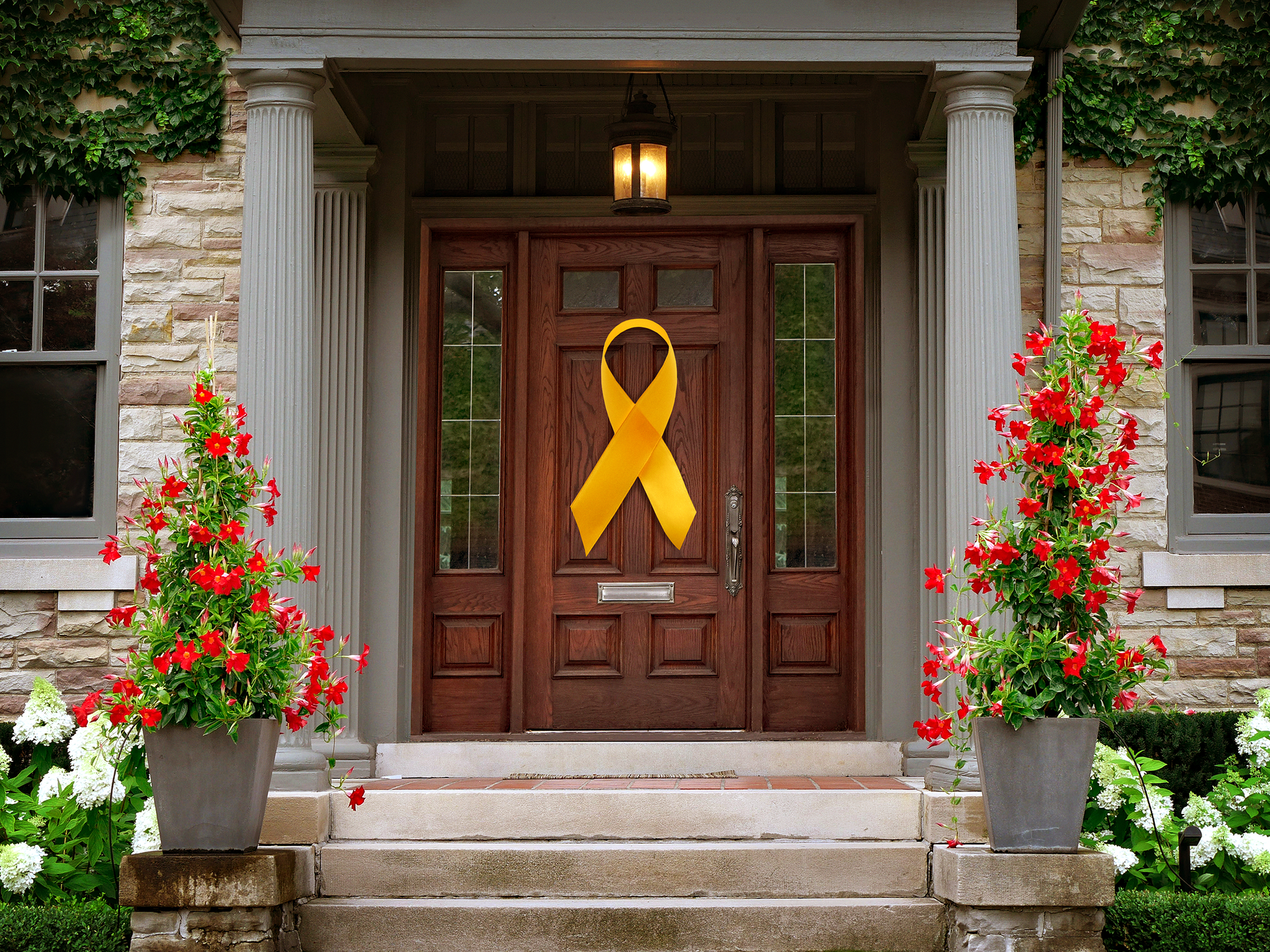The Role of the Community in Supporting the Bereaved
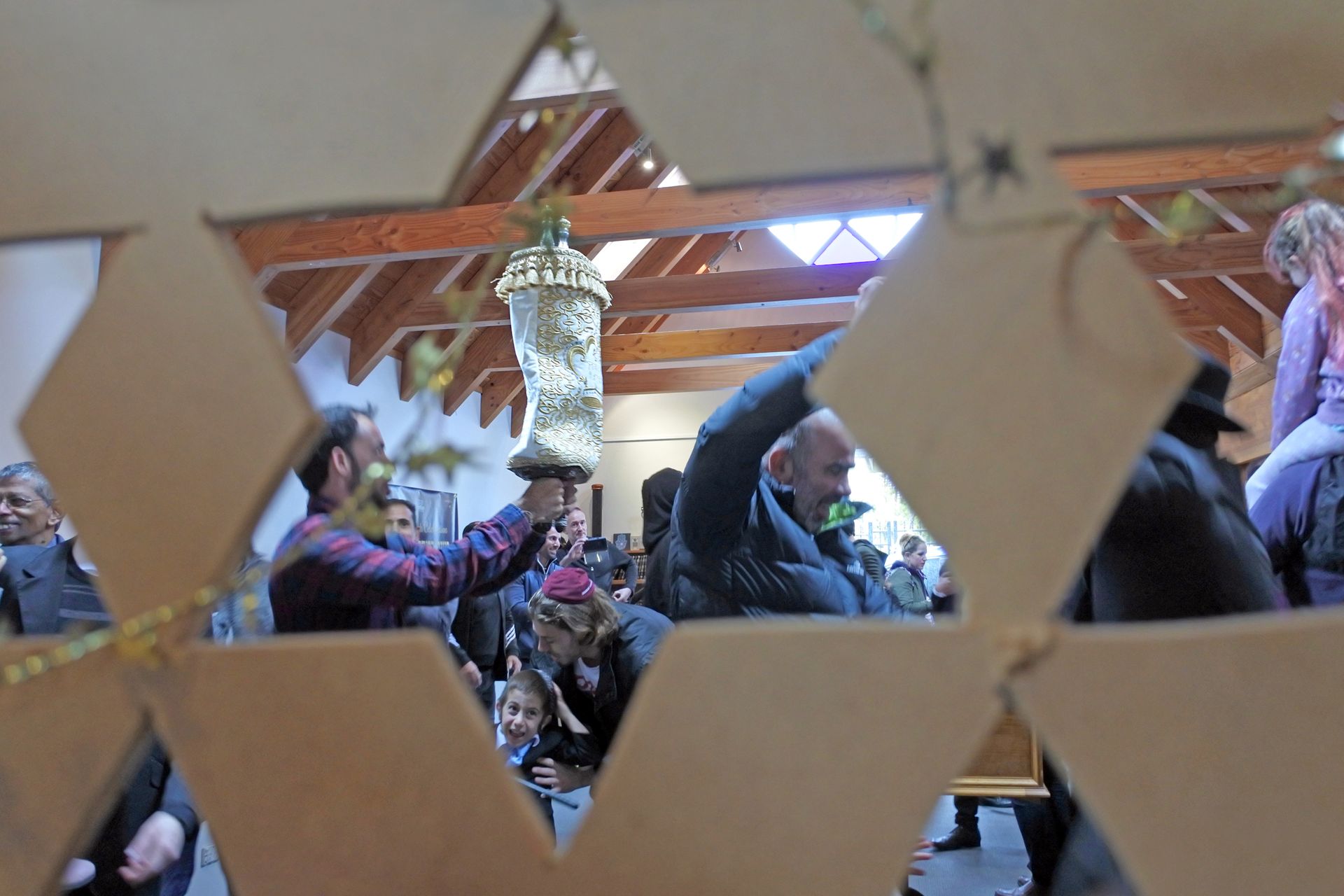
How Jewish Tradition Encourages Us to Show Up for One Another in Times of Loss
In moments of mourning, grief can feel overwhelming and isolating. Yet within Jewish tradition lies a powerful antidote: community. Our rituals and teachings guide us not only in honoring the memory of the deceased, but in surrounding those who mourn with steadfast care and presence.
We spoke with Rabbi Michele Lenke at Hebrew Union College, who shared her wisdom on how community support is not just a gesture of kindness, but also a sacred responsibility. Through communal rituals, personal acts of care, and the simple courage to show up, we can help transform grief into connection, sorrow into healing, and memory into lasting blessing.
A Sacred Responsibility
Jewish tradition teaches that supporting the bereaved is both a personal and communal mitzvah: a commandment and a moral obligation. “We are taught to love our neighbors and to draw in those who might otherwise be outsiders,” Rabbi Lenke explains. “And when it comes to mourning, we are called to make sure no one is left alone in their grief.”
Not everyone has nearby family to lean on in times of loss. That’s why community, whether synagogue, school, or neighborhood, is essential. Rabbi Lenke notes that even small acts, like organizing meals or sitting with someone who has lost a spouse, can be incredibly powerful. “Sometimes, it’s not just about doing something big,” she says. “It’s about showing up. Walking the dog. Picking up the kids. Just being there.”
The very presence of others offers more than logistical help—it offers spiritual grounding. “To know that someone is there for you, especially when you don’t expect it, is a gift. It’s nothing short of holy,” she shares.
How Communities Care During Shiva and Beyond
The seven-day mourning period of
Shiva provides a structured space for grief—but it is the community that helps hold that space. Traditionally, mourners are cared for by others during
Shiva. Meals are brought. Prayer services are arranged. Someone may simply sit nearby to offer quiet companionship.
“Families often come home from the cemetery to find the meal of consolation already prepared. That’s an incredible act of love,” Rabbi Lenke says. She emphasizes that roles vary based on need. Helping with young children, transportation, hosting guests, or simply making sure the mourners aren’t left to organize everything alone, are all helpful ways to make the bereaved feel seen and uniquely cared for.
In many communities,
chesed or bereavement committees coordinate support. “It’s community organizing at its best,” she adds. “And it’s not just about rituals—it’s about offering people what they truly need: comfort, continuity, and compassion.”
Importantly, the support shouldn’t stop after
Shiva ends. Whether it’s accompanying someone to synagogue for the first time after their loss, remembering a loved one’s
yahrzeit, or offering to share a meal months later, communal care helps mourners reintegrate into life—gently and in their own time.
Memory, Storytelling, and the Ongoing Presence of Love
Jewish mourning is not a linear journey—it’s a cycle of remembrance woven into community life. “Saying names during
Kaddish, naming children after loved ones, telling stories—these are all ways we keep people present with us,” Rabbi Lenke says.
She reflects on how modern American culture often avoids conversations about grief, yet Judaism offers a counterpoint: “Death is part of life. Mourning is part of life. And we must create more opportunities to tell the stories of our hearts.”
Whether it’s at a
Shiva gathering or during a holiday
Yizkor service, storytelling and memory help normalize grief and strengthen bonds between individuals and their communities. Even virtual spaces, now more common since the pandemic, can hold real meaning. “I’ve attended Zoom
Shiva minyans that were deeply powerful,” Rabbi Lenke shares. “I’ve reconnected with old school friends who I haven’t seen in years. Grief created space for reconnection.”
In times when our world feels more disconnected, this emphasis on memory and presence serves as a gentle but essential reminder: no one should mourn alone. And no one needs to have all the right words. “Silence can be better than saying the wrong thing,” Rabbi Lenke reminds us. “Just be there. Listen. Ask with empathy. That alone can be everything.”
You Are Not Alone
At Hillside Memorial Park and Mortuary, we believe that mourning should never be a solitary experience. Our staff understands how difficult and uncertain the days after a loss can be—and we are here to help guide, support, and connect you with the resources you need.
If you or someone you love is grieving, please reach out on our
site or at (310) 641-0707 ext. 103. Our compassionate staff is here to support and assist you through this difficult time.

